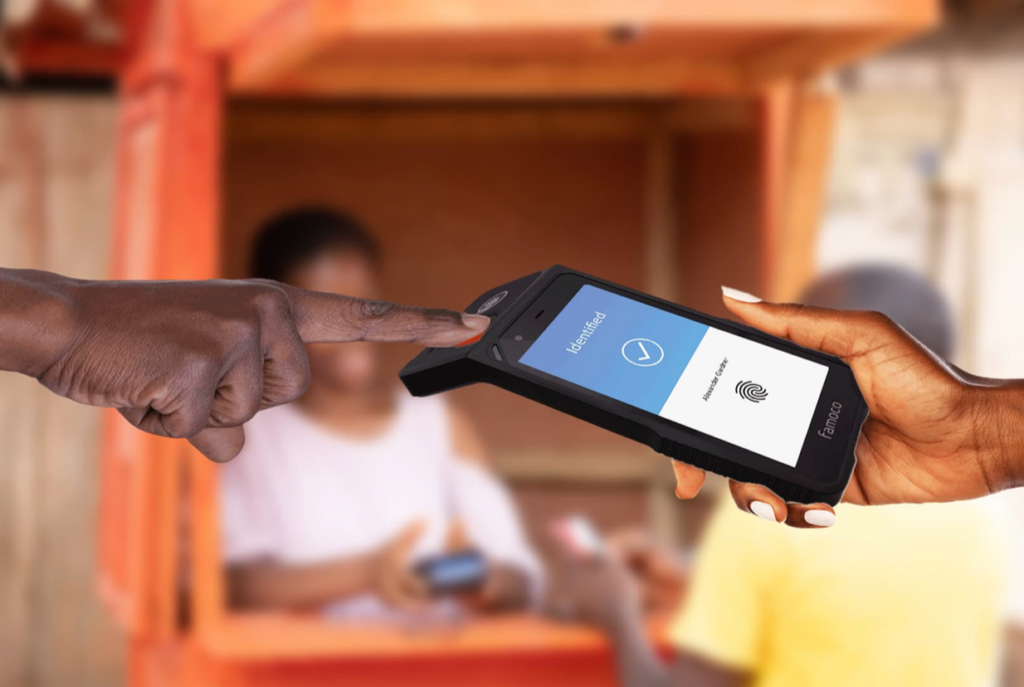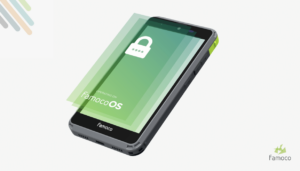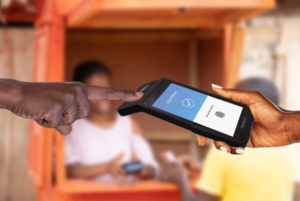The GMSA State of Mobile Internet Connectivity Report 2023 states that 57% of people worldwide use mobile internet. Whether for managing bank accounts or social networks, the widespread use of mobile phones has drastically increased the personal information sharing online. Thus, it has led to a high number of identity theft and financial crimes, forcing the authorities to ask companies in the sector to strengthen the level of security around the use of mobile Internet, in particular thanks to what is called Know Your Customers (KYC) procedures.
A challenge for telecom operators
In the telecommunications sector in particular, robust Know Your Customer (KYC) procedures are essential to control and verify users’ identity and ensure the security of mobile services. According to current regulations, operators must comply with KYC protocols to register and authenticate their customers when purchasing or activating SIM cards, prepaid or not. It aims to prevent potential risks associated with criminal activities, financial fraud, and terrorism financing. Also, operators have the responsibility to opt for a highly secure KYC system to protect the sensitive personal data they process.
Today, a simple visual check of identity documents is enough to buy or top up SIM cards and make mobile payments. These traditional KYC verification methods are both tedious and error-prone. However, the authorities do not hesitate to deactivate users whose identity has not been fully or correctly verified. Therefore, it is crucial to use smart and robust verification methods to ensure regulatory compliance and maintain the best possible customer experience.
Implementing biometry as an effective KYC system
To avoid these stringent measures, telecom regulators encourage operators to authenticate customers using physical identity proofs like fingerprints or facial recognition. Investing in biometric KYC processes is a promising strategy for operators to avoid significant penalties and provides a secure, simple and accurate way to verify customers’ identities.
In Africa, the implementation of biometric authentication systems is especially advantageous. In fact, operators gather biometric data and establish unique digital identities for users, further providing them to governments for population census. Biometric KYC indirectly aids in the economic and social development of emerging countries, especially in Sub-Saharan Africa.
Famoco KYC expertise
With its great KYC expertise, Famoco offers a complete solution that enables field agents to effectively conduct KYC checks. We provide specialized biometric devices, designed to identify, authenticate, and enroll customers swiftly and securely.
Famoco’s mobile devices feature an FBI-certified Idemia fingerprint sensor, specially designed for live detection of fraudulent activities with a high level of accuracy. Famoco directly integrates the biometric module into its devices to make them compact and robust for the field.
When it comes to biometry, security is a priority. These devices ensure a real time authentication and enrolment system for SIM card beneficiaries registration while safeguarding their identity and biometric data. Indeed, Famoco uses its own Android Operating System to fully secure customers’ data.
Additionally, with Famoco OS, devices have no street value as they can only be activated and managed through the Famoco MDM (Mobile Device Management) platform. It empowers fleet administrators to strictly control configurations and applications on the devices, addressing concerns about theft, non-professional use, and preventing unauthorized access. The MDM also enables users to get insights on how the devices are used on the field, such as activity duration or device location for example.
Famoco’s unique approach and tailored solutions help telecom companies effectively manage KYC challenges and stay competitive in the market.



